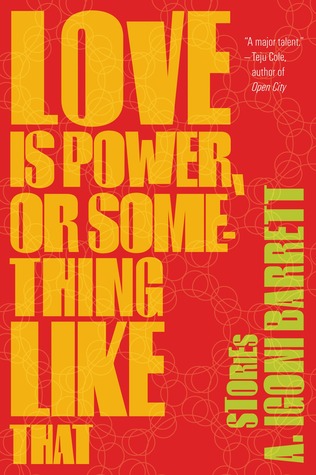Sometimes immigrant stories, with many exceptions, can have a certain cliche quality to them. The central theme is often the same: the characters find themselves in the West for a variety of reasons. They struggle to adjust. They wistfully remember a homeland they cannot return to. They are in purgatory. They band together with other immigrants who are also in purgatory. Some find a way to triumph in their new circumstances. Many recreate the home they left behind and replicate the old patterns. Snore.
"At last a non-cliche immigrant story!"
Enter Imbolo Mbue's debut novel. At last a non-cliche immigrant story! Jende and Neni from Limbe, Cameroon, are thrilled to be in New York. "A man can become somebody in America," Jende says proudly. Neni hums to herself everyday as she goes about her new life, her heart bursting with happiness at her new circumstances. No wistful memories of home for these two. Jende gets a better-paying job, Neni is top of her pharmacy class. She dreams of an affluent life in the suburbs. For a brief moment, it seems the American dream can come true for them too. The immigration authorities and the 2008 recession begin to conspire against them. Jende loses his job. Neni, feeling the dream slipping away, becomes desperate. Their relationship is put to the test.
Tragedy stalks all the characters. None is spared. Yet Ms Mbue treats all her characters with dignity, even when they make mistakes, even the less savoury immigration lawyer, Bubacar. All the non-American characters in the story are Cameroonian. Ms Mbue rightly chose to focus on a people she knows well and what a supportive, colourful cast they are. No immigrant purgatory here. The characterization of Jende is refreshing: a faithful, caring husband, who makes sometimes grievous mistakes, but who is always aware of his responsibility towards his family. There can never be too many balanced male portrayals.
I initially empathized with Neni's desperation to stay in America. I understood her not wanting to go back to the place where she had known such stagnation. I hoped until the very end for a last-minute reprieve for her. My book club and I had a great time imagining what might have become of her after the end of the story. We concluded that her stay in America had made her too strong and too ambitious to return to being a dependant in Jende's shadow. She would surely find a way use what education she had to make the best of her circumstances. The fact that Jende expected to have the final word on all things to do with the family bothered me. The old patterns remain after all.
"Ms Mbue's gift is creating dialogue."
Some authors are gifted creators of characters, others of compelling plots. Still others are masters of description. Ms Mbue's gift is creating dialogue. I found myself rereading conversations, reveling in their delicious wit and authenticity. Her love of the city of New York comes through strongly in Neni's wistful musings.
I watch hopefully for Imbolo Mbue's next novel.
















